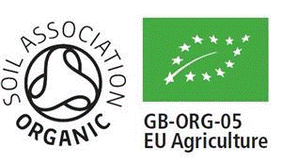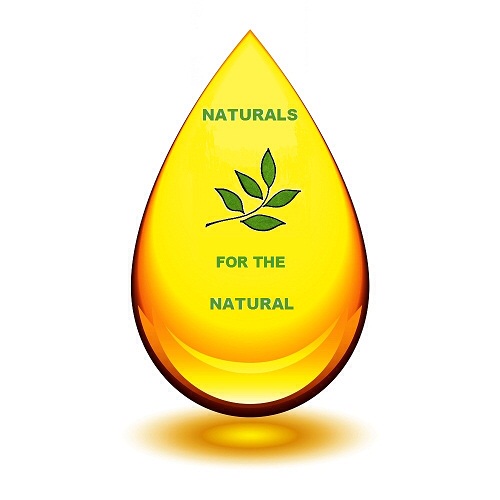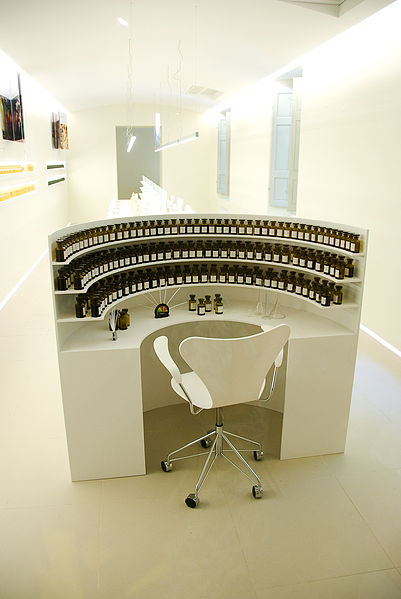Our Certificate
By choosing organic agriculture your are supporting the environment and your own health.
Certification Of Organic Essential Oils
It is important to establish that your oils have been certified organic, as this certification process is a good safeguard against many of the unscrupulous practices that go on in this industry. There are many good certification bodies to choose from both in the U.K. and world-wide, one of the best and well-known being ECOCERT International. In the UK the Soil Association is one of the better known bodies. NHR only sources certified organic oils where possible, over 95% of our range is certified organic, there are a few oils that are impossible to certify because they only grow wild or farmed conditions, for example the Boswellia tree resin, which Frankincense is made from. In these cases we always source from wild grown or untreated sources, and label accordingly. Meaning no pesticides or chemical fertilizers have been used.
The Soil Association: Tel. 0117 929 0661 email: info@soilassociation.org
Organic Certification: Professional Standards
Organic farming is a carefully devised system of food production defined by EU law and is based on the following principles:
Organic farming is governed by EEC Regulation No. 2092/91, which defines the basic standards of production and processing and the requirements for control and policing. This Regulation is implemented in Britain by the UK Register of Organic Food Standards (UKROFS). The statutory requirements are:
Certification Of Organic Essential Oils
It is important to establish that your oils have been certified organic, as this certification process is a good safeguard against many of the unscrupulous practices that go on in this industry. There are many good certification bodies to choose from both in the U.K. and world-wide, one of the best and well-known being ECOCERT International. In the UK the Soil Association is one of the better known bodies. NHR only sources certified organic oils where possible, over 95% of our range is certified organic, there are a few oils that are impossible to certify because they only grow wild or farmed conditions, for example the Boswellia tree resin, which Frankincense is made from. In these cases we always source from wild grown or untreated sources, and label accordingly. Meaning no pesticides or chemical fertilizers have been used.
The Soil Association: Tel. 0117 929 0661 email: info@soilassociation.org
Organic Certification: Professional Standards
Organic farming is a carefully devised system of food production defined by EU law and is based on the following principles:
- Building soil fertility;
- Minimal use of non-renewable resources (no chemicals);
- Minimise pollution and damage to the environment;
- Working with, not against, natural systems;
- Respect for animal welfare;
- Minimal processing or additives
Organic farming is governed by EEC Regulation No. 2092/91, which defines the basic standards of production and processing and the requirements for control and policing. This Regulation is implemented in Britain by the UK Register of Organic Food Standards (UKROFS). The statutory requirements are:
- Two-year conversion period prior to full organic status is achieved;
- Adequate physical and financial separation of organic and non-organic units under the same management;
- Application to, inspection by, and certification with, an approved inspection body, such as Soil Association Certification Ltd;
- Maintenance of adequate records to demonstrate compliance with the standards;
- Annual monitoring and inspection by the approved certification body;
- Strict requirements for labelling and for the use of additives and processing aids.


